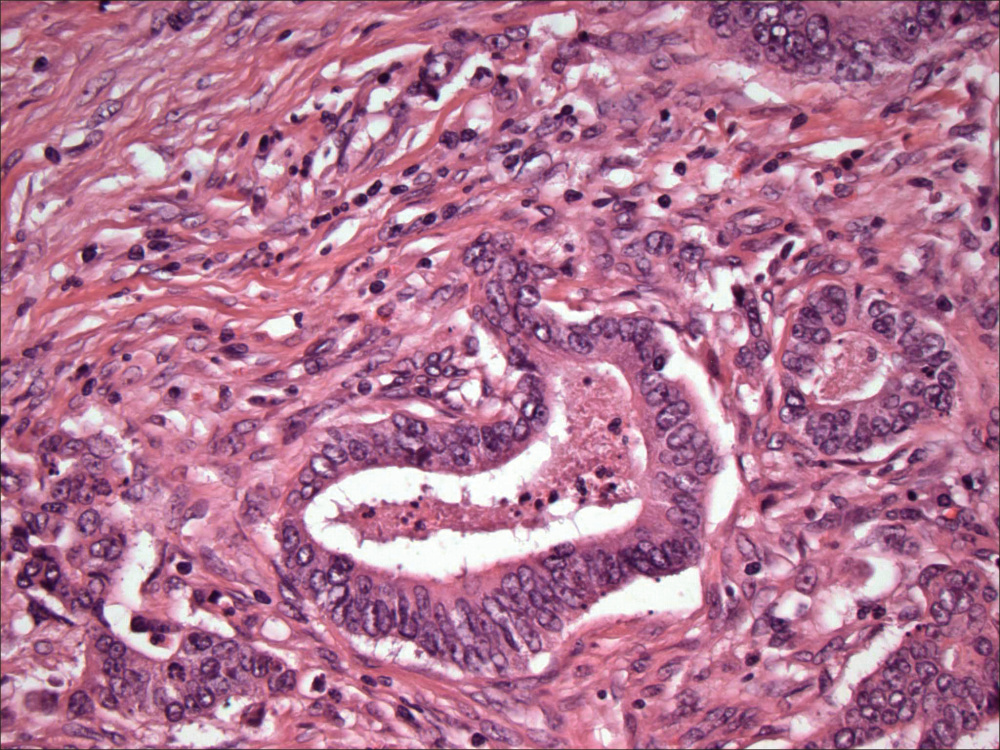Polyps are abnormal tissue growths that are usually benign, but can become cancerous. They are most often found in the colon, but can also found in other parts of the body, including the stomach, uterus, throat, cervix, and ear canal.

Colon polyps form on the lining of the colon or the rectum. A history of polyps is one of the main risk factors for colorectal cancer, a common but preventable disease. Other risk factors for colon cancer include being 50 or older, having a family or personal history of colon polyps or colon cancer, and being overweight or a smoker. Obesity and lack of exercise, as well as inflammatory intestinal conditions like Crohn’s disease, can also heighten risk.
Learn More:
During a colonoscopy, which is a procedure that can detect pre-cancerous polyps and cancers in their earliest and treatable stages, a doctor can remove these early lesions during the exam to prevent future development of cancer or a more advanced stage of cancer. For most people, screening for colon cancer should start at age 50. Screening can include a colonoscopy, stool test, flexible sigmoidoscopy, or a combination of the above. If you have a family history or other risk factors, you should discuss the need for earlier screening with your doctor.
Most colon polyps do not present with symptoms, but some people with colon polyps experience abdominal pain, changes in bowel habits, change in stool caliber, rectal bleeding, and iron deficiency anemia. If you experience any of these symptoms, see your doctor.
There are several types of treatments for colon cancer, from standard therapies to those being tested in clinical trials. Usually, surgery — which involves removing the cancerous growth — is the key component of treatment for early stage colon cancer. Patients may also be given chemotherapy and/or radiation therapy to eliminate any remaining cancer cells or treat metastatic disease. Targeted therapy, a type of treatment that uses drugs or other substances to identify and attack specific cancer cells without harming normal cells, is also an option for some patients with metastatic disease.
